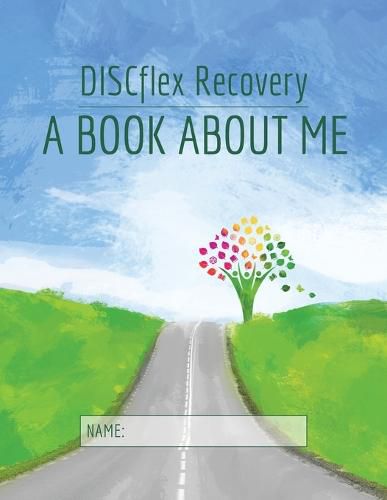Readings Newsletter
Become a Readings Member to make your shopping experience even easier.
Sign in or sign up for free!
You’re not far away from qualifying for FREE standard shipping within Australia
You’ve qualified for FREE standard shipping within Australia
The cart is loading…






Addiction is inherently a chronic disease with a high risk of relapse. When you are in an addictive state, your brain functioning changes; much like it’s been hijacked.This affects decision making, emotional responsiveness, communication, relationships, trust, and disrupts behavioral choices. The key to sustaining recovery efforts lies in first controlling your behavior, then forming good habits. Doing so means that you have to cultivate new processing skills and ways of thinking.
Behavioral Sobriety™is based on the actions you take and the habits you form.It involves ‘good’ decision making and making appropriate choices for your recovery program and is based on your natural behavior which is engrained over your lifetime. Emotional Sobriety is a cornerstone of recovery.People hoping to stay sober over the long haul can learn to regulate any negative feelings that can lead to discomfort, cravings, and potential relapse.
Behavioral and Emotional Sobriety’s primary goal is to uncover better ways of dealing with any problems that do surface, instead of turning to addiction behaviors or substances. The process of reconciling behavior with emotions can indeed take a long time. Changing your thinking takes focus and requires learning ‘how’. This workbook will provide knowledge, skills, and coping mechanisms to help you control your behavior.
$9.00 standard shipping within Australia
FREE standard shipping within Australia for orders over $100.00
Express & International shipping calculated at checkout
Addiction is inherently a chronic disease with a high risk of relapse. When you are in an addictive state, your brain functioning changes; much like it’s been hijacked.This affects decision making, emotional responsiveness, communication, relationships, trust, and disrupts behavioral choices. The key to sustaining recovery efforts lies in first controlling your behavior, then forming good habits. Doing so means that you have to cultivate new processing skills and ways of thinking.
Behavioral Sobriety™is based on the actions you take and the habits you form.It involves ‘good’ decision making and making appropriate choices for your recovery program and is based on your natural behavior which is engrained over your lifetime. Emotional Sobriety is a cornerstone of recovery.People hoping to stay sober over the long haul can learn to regulate any negative feelings that can lead to discomfort, cravings, and potential relapse.
Behavioral and Emotional Sobriety’s primary goal is to uncover better ways of dealing with any problems that do surface, instead of turning to addiction behaviors or substances. The process of reconciling behavior with emotions can indeed take a long time. Changing your thinking takes focus and requires learning ‘how’. This workbook will provide knowledge, skills, and coping mechanisms to help you control your behavior.